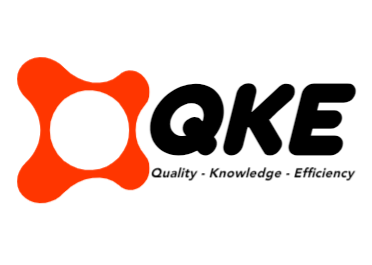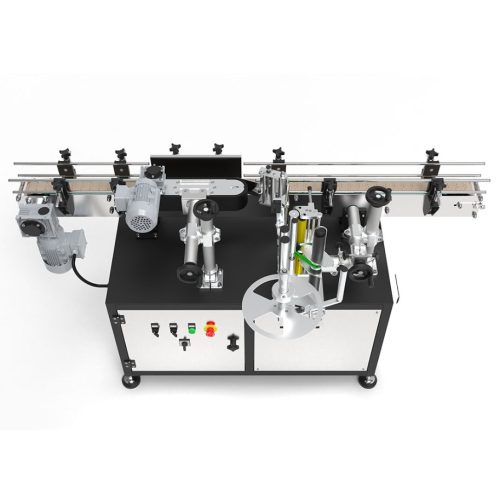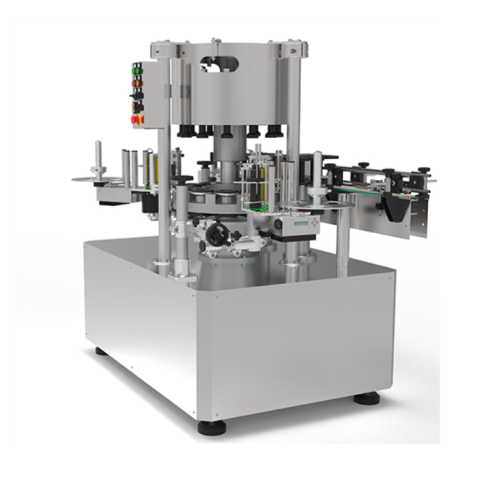Understanding Labeling Machines
Labeling machines have revolutionized the packaging industry by automating the process of applying labels to products. From small businesses to large-scale manufacturers, labeling machines play a crucial role in enhancing efficiency and ensuring accurate labeling. In this section, we will delve into the evolution of labeling machines, explore the different types available, and understand the key components and functions that make them essential in various industries.
Evolution of Labeling Machines
The evolution of labeling machines can be traced back to the early 20th century when manual labeling processes were prevalent. With the advancement of technology, manual processes were gradually replaced by semi-automatic and fully automatic labeling systems. Today, labeling machines have become highly sophisticated, integrating cutting-edge technology to meet the growing demands of diverse industries.
Types of Labeling Machines
Labeling machines come in various types, each designed to cater to specific labeling needs. Some of the common types include pressure sensitive labeling machines, automatic labeling machines, and manual bottle label applicators. Pressure sensitive labeling machines are widely used for their versatility in applying labels to different types of containers. Automatic labeling machines, on the other hand, offer high-speed labeling capabilities, making them ideal for large-scale production. Manual bottle label applicators are suitable for small-scale operations, providing a cost-effective solution for applying labels with precision.
Key Components and Functions
Labeling machines consist of key components such as the label applicator, conveyor system, and control panel. The label applicator is responsible for dispensing and applying the labels onto the products, while the conveyor system ensures the seamless movement of products for labeling. The control panel allows operators to set parameters and monitor the labeling process, ensuring accuracy and efficiency.
Applications of Labeling Machines
Labeling machines find extensive applications across various industries, playing a pivotal role in ensuring product identification, branding, and regulatory compliance. Let's explore the diverse applications of labeling machines in different industry sectors.
Food and Beverage Industry
In the food and beverage industry, labeling machines are used for applying informative labels, such as nutritional information, ingredients, and barcodes, to packaging. Whether it's labeling bottles, cans, or packaged food items, labeling machines help streamline the packaging process while maintaining compliance with food safety regulations.
Pharmaceutical Industry
In the pharmaceutical industry, labeling machines are crucial for applying accurate and tamper-evident labels to medication packaging. With stringent regulations governing pharmaceutical labeling, automatic labeling machines ensure precision and consistency in labeling, reducing the risk of errors and enhancing product security.
Cosmetics and Personal Care Industry
In the cosmetics and personal care industry, product labeling plays a significant role in brand identity and consumer communication. Labeling machines are utilized for applying aesthetically appealing and informative labels to various cosmetic products, contributing to brand recognition and consumer engagement.
Household and Chemical Industry
In the household and chemical industry, labeling machines are employed for applying hazard warnings, usage instructions, and product information on chemical containers and household products. The accuracy and durability of labels applied by labeling machines are essential for ensuring safety and regulatory compliance.
Best Practices for Labeling Machines
To maximize the efficiency and performance of labeling machines, it is essential to adhere to best practices that encompass maintenance, quality control, efficiency optimization, and regulatory compliance.
Maintenance and Calibration
Regular maintenance and calibration of labeling machines are crucial for ensuring consistent performance and label accuracy. This includes routine inspection of components, cleaning, and calibration to prevent downtime and maintain optimal functionality.
Quality Control and Inspection
Implementing quality control measures, such as barcode verification and label inspection systems, helps in detecting labeling errors and ensuring compliance with industry standards. Quality control and inspection contribute to the production of accurately labeled products, minimizing the risk of rework and product recalls.
Efficiency Optimization
Efficiency optimization involves streamlining the labeling process by optimizing label application speed, minimizing material wastage, and integrating automation for seamless operation. By identifying and addressing bottlenecks, labeling machine efficiency can be significantly improved.
Compliance with Regulatory Standards
Adhering to regulatory standards and requirements is paramount in industries such as pharmaceuticals, food, and chemicals. Labeling machines should be equipped to meet industry-specific regulations, including label content, placement, and adherence to standards such as FDA guidelines.
In conclusion, labeling machines are integral to modern packaging operations, offering a wide range of benefits including efficiency, accuracy, and compliance. By understanding the technology, applications, and best practices associated with labeling machines, businesses can harness their full potential and stay ahead in an increasingly competitive market.
Whether you are a novice seeking fundamental insights or a seasoned professional aiming to stay ahead of industry trends, this guide caters to a broad readership, delivering valuable information and expert perspectives to enhance your understanding of labeling machines.





